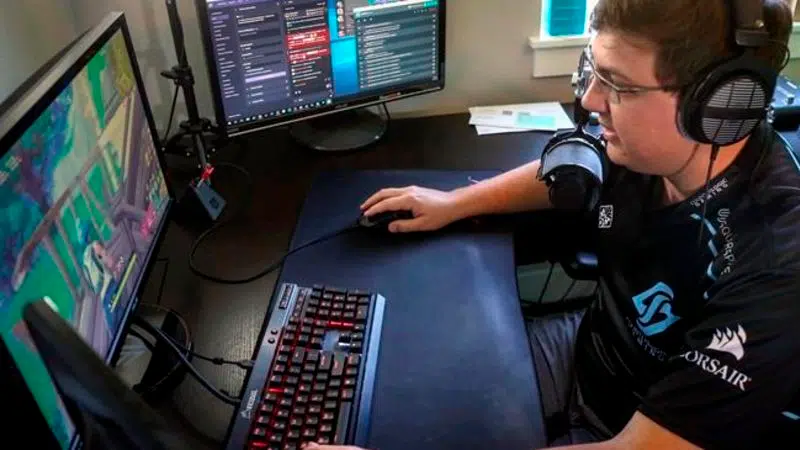
Quebec parents seek class action against makers of ‘addictive’ Fortnite game
MONTREAL — Two Quebec parents are seeking the right to launch a class-action lawsuit against the makers of the popular video game Fortnite, alleging it was purposely made highly addictive and has had a lasting impact on their children.
Montreal-based Calex Legal is seeking to sue Epic Games Inc., the U.S. company behind the popular online multiplayer game, as well as its Canadian affiliate based in British Columbia.
The firm filed a request Thursday on behalf of two parents who approached them separately alleging their sons, aged 10 and 15, have become dependent on the game in short order.
Their case likens the addiction to a drug addiction, noting that the World Health Organization made a decision last year to declare video game addiction, or “gaming disorder,” a disease.

